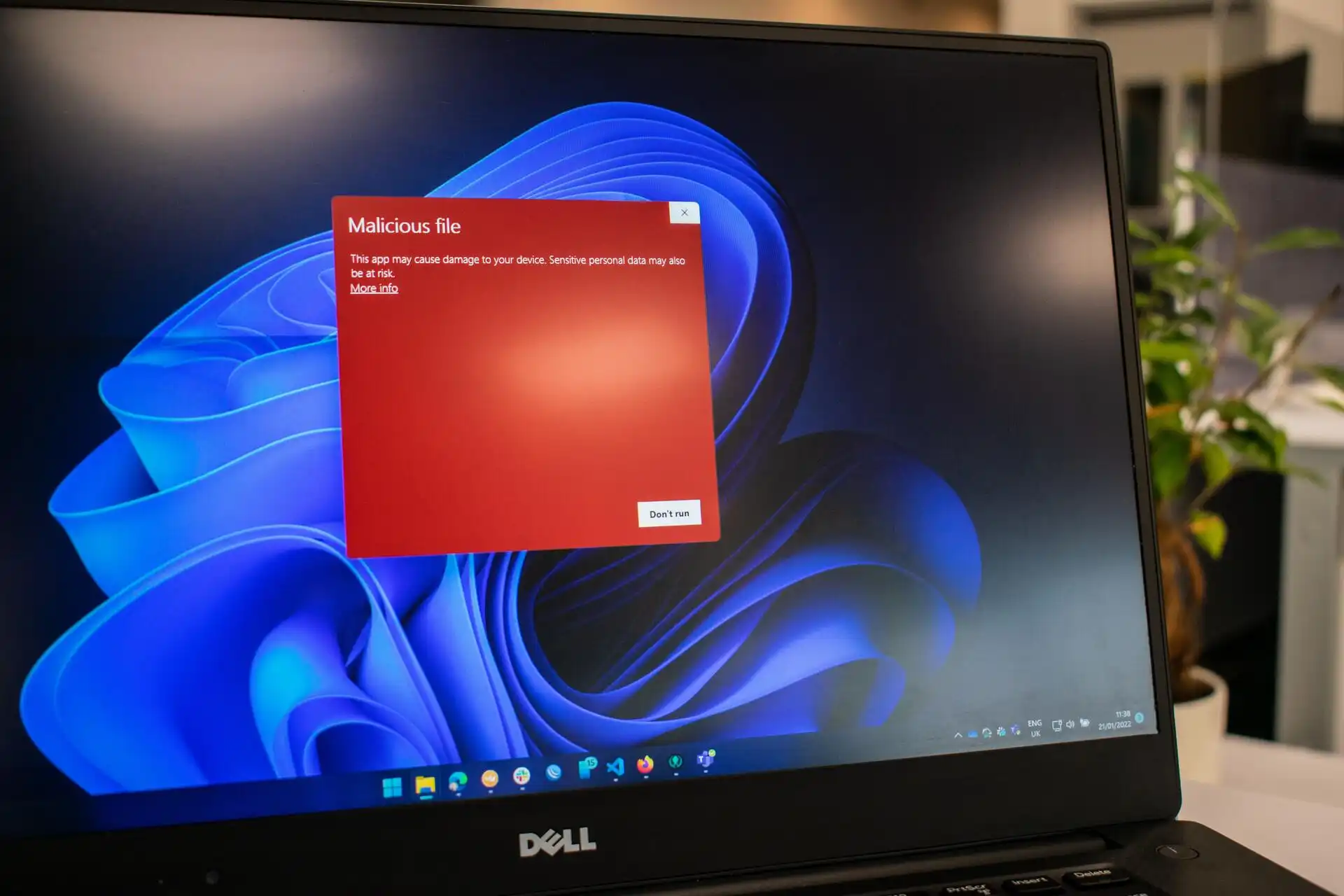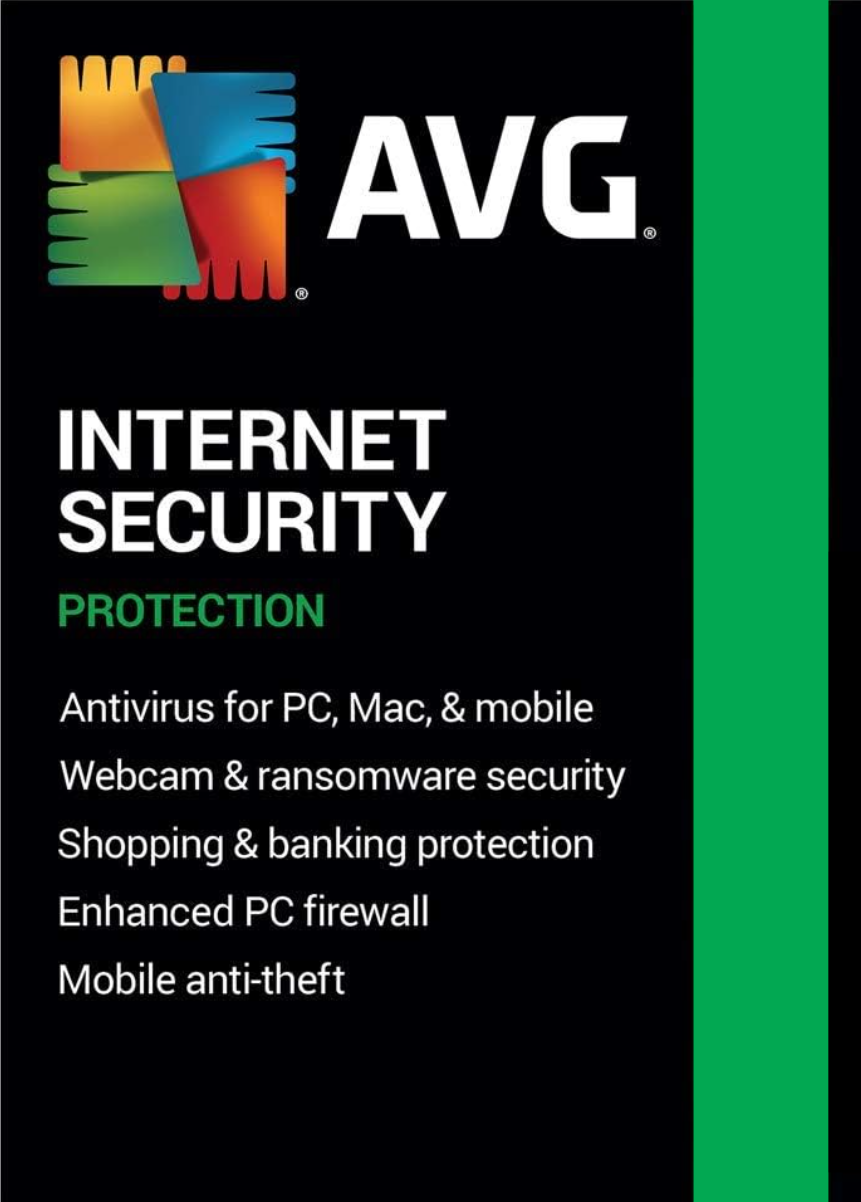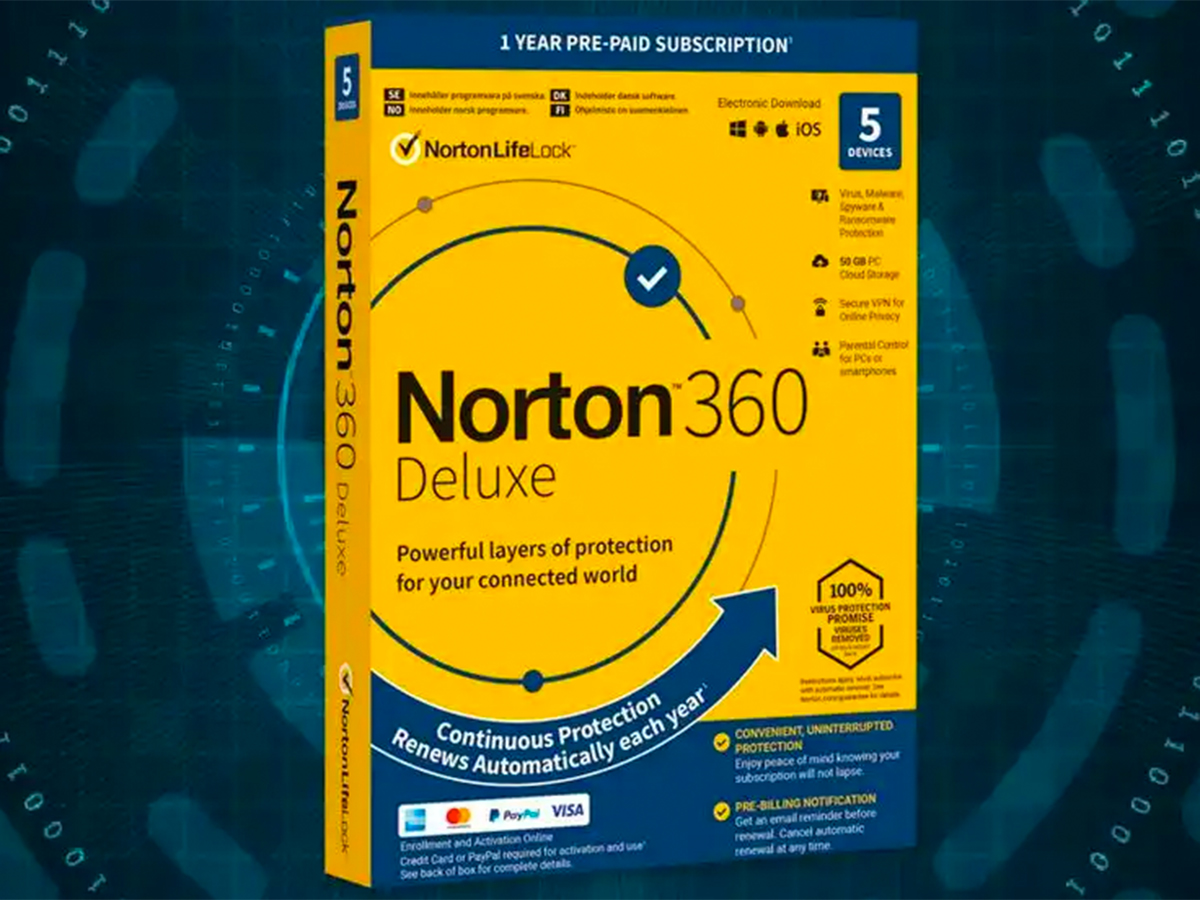Antivirus has become these days a catch-all term. It doesn’t just mean blocking literal computer viruses, trojans, and other bits of malicious code meant to attack your PC. When you opt to go beyond Microsoft’s built-in protections, an antivirus software subscription can provide a light step up from Windows Defender or a set of intensely comprehensive safeguards that extend to your financial accounts.
So what level of defense do you need, especially when you’re concerned about all angles of online security? Here are the general levels of protection you can choose from, as well as what you should consider when considering each.
Free antivirus
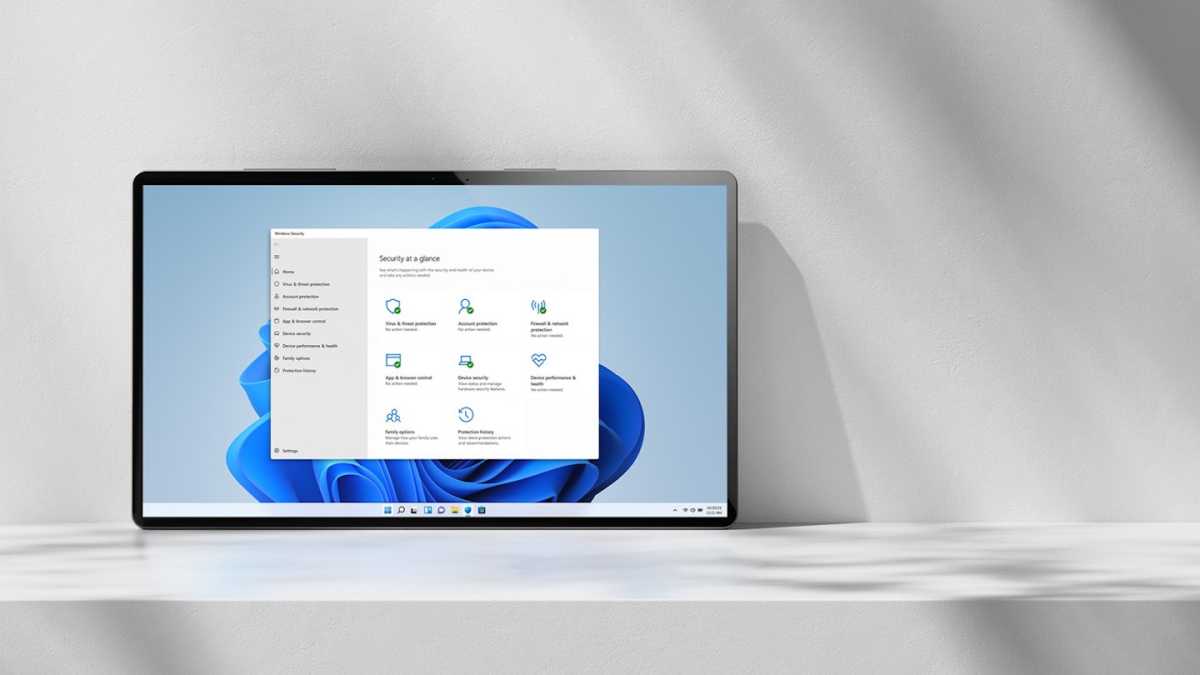
So what does this mean? If you’re careful about where you browse, as well as what you download, open, and click, then free antivirus should keep you adequately safe. That’s especially so if you sidegrade to a free version of something like AVG or Avast, which centralize more protections in a single interface.
However, the flipside is that you’re responsible for your own safety. Free software has limitations, too. Take Windows Defender—it protects against ransomware if you make sure controlled folder access is turned on. And generally, if you choose a free antivirus program, you also only have backup protection for your documents if you enable OneDrive syncing or another form of backup.
In a nutshell, free security is as good as your system of manual checks and balances. It relies both on you keeping on top of the latest security threats and avoiding them, as well as setting up your software (and making use of other services, like credit freezes) to thoroughly guard you on all those fronts.
Paid antivirus software (non-premium)
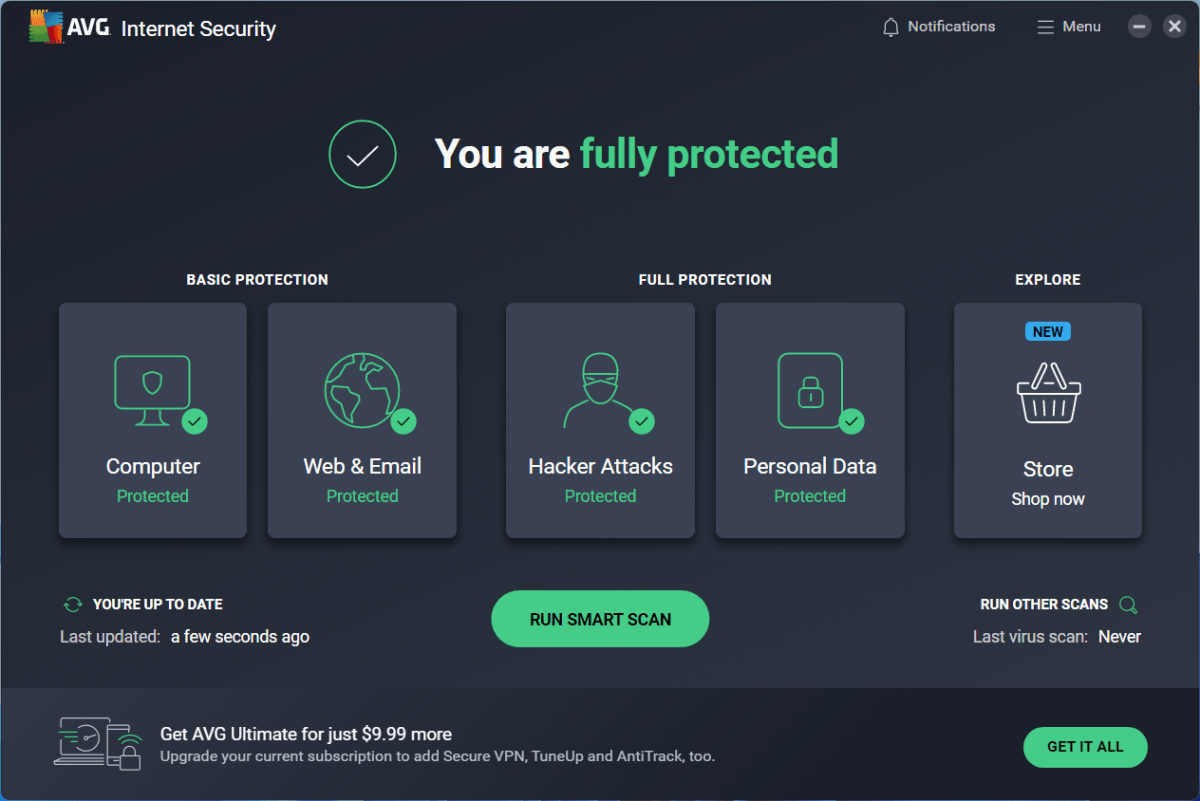
PCWorld
Figuring out what to expect from paid antivirus software can be nebulous, since every antivirus software company offers at least one (if not more) paid subscription outside of the flagship premium option. In fact, long-storied companies like Norton and McAfee seemingly have an endless array of features remixed into different packages.
But at minimum, you should expect an entry-level subscription to include protection against malicious and phishing sites, online trackers, and bad email attachments and links. (This is in addition to basic blocking of virus, malware, and ransomware.) As you go up the tiers (and in price), you should get access to a VPN and/or password manager, parental controls, safeguards against unknown remote access to your PC, and identity monitoring.
In this middle ground, you should ask yourself:
- How much work do you want taken off your plate?
- What areas of your online life need protection beyond defending your PC from viruses and malware?
- How many devices do you need to protect?
For example, if you only need a little extra defense beyond free antivirus but for lots of devices, then the mid-tier plan from a company like AVG or Avast may be your best bet. Conversely, for roughly the same cost, you could get access to a password manager and cloud backups for your important documents through Norton’s similarly priced Antivirus Plus plan—provided you don’t need protection for more than one device.
EXPLORE FREQUENTLY ASKED QUESTIONS
- What are the key differences between free and paid antivirus software?
- How does Windows Defender compare to other antivirus programs?
- What factors should be considered when choosing an antivirus software?
- How can antivirus software protect financial accounts?
- Is it necessary to upgrade from Windows Defender to a paid antivirus program for comprehensive protection?
The more you pay, the more features you should get, but you’ll have to shop around and compare features to find your match. (Comparison charts on each company’s website are a great starting point.) As you go up the scale, you’ll see more protections for your online life, like privacy related to social media and data brokers.
Premium antivirus software
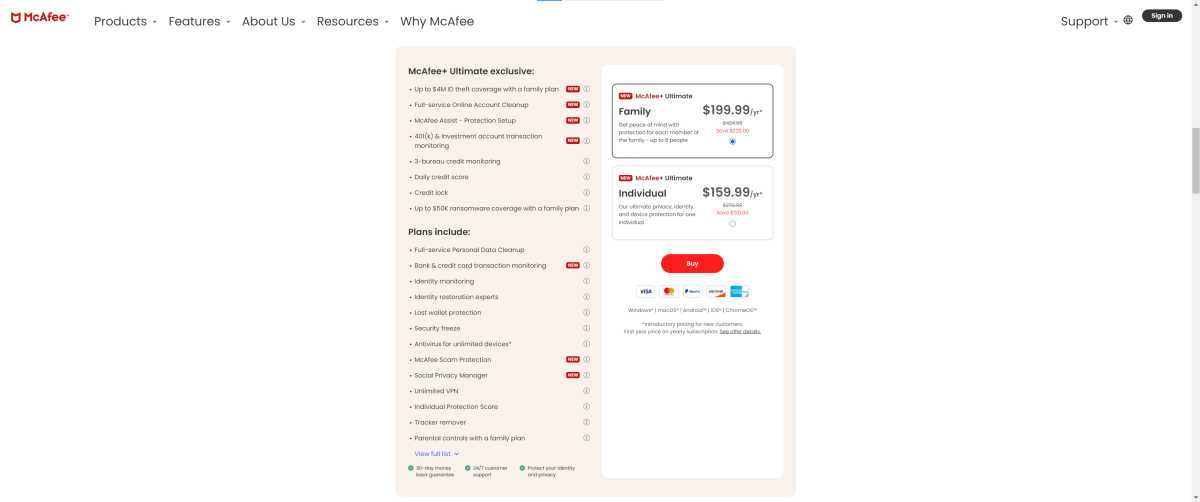
McAfee
Once upon a time, the top-tier subscriptions offered by antivirus companies would have been called Cadillac plans—and in some cases feel like they cost as much as a luxury car. Take for example the McAfee+ Ultimate plan, which has a regular rate of $280 per year…and that’s the individual plan, not the family plan ($425 per year).
But the most expensive plans across all antivirus companies aren’t equal. One company’s Ultimate plan may be more akin to a rival company’s mid-tier offering. (This is where comparison charts once again come in handy.)
When considering plans that cost more than $100 per year, expect to see financial protections layered into the plan, like banking account monitoring and online identity-theft assistance. Some even offer insurance—like $1 million of coverage related to identity theft losses.
Trending for you
If that sound appealing, ask yourself if you need to monitor all the major elements in your life (like your credit reports) through one source. It is easy, but you can also pretty easily freeze your credit reports on your own, for example. Most financial institutions also offer account alerts if you want to stay on top of your transactions.
Also, make sure you trust the antivirus company with your most sensitive information—which will include your social security number—in order for them to monitor your life online.
What level of antivirus protection should I choose?
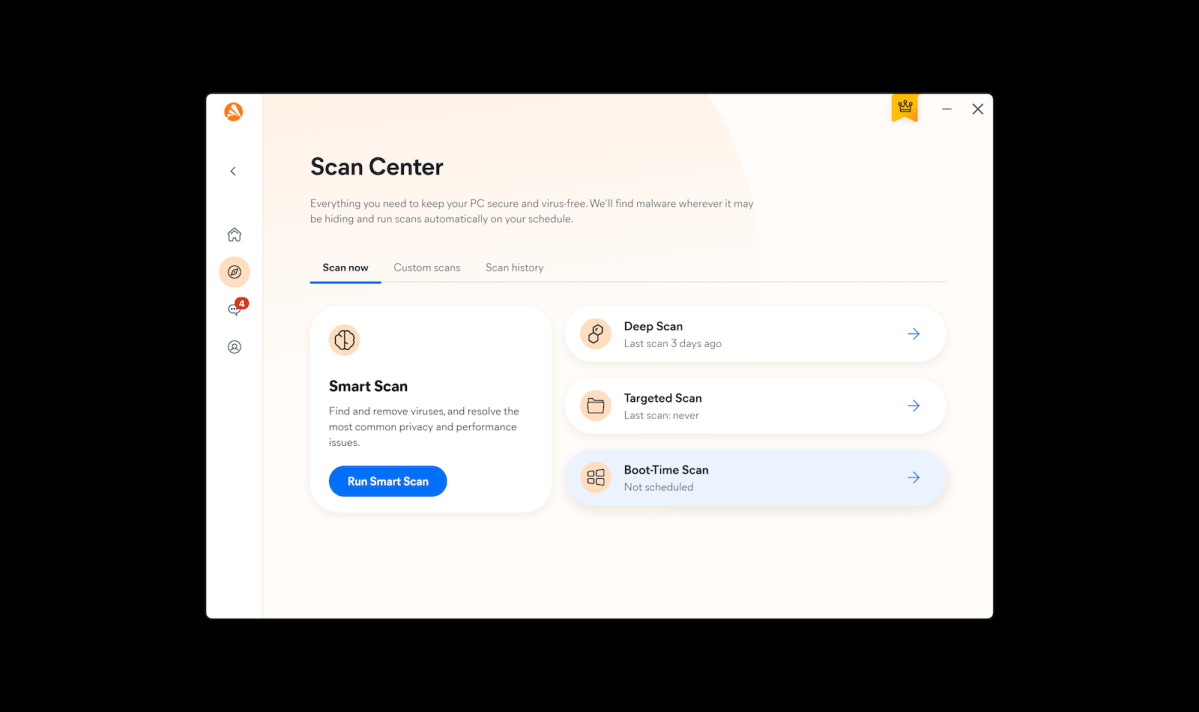
Thomas Newton / Foundry
Not interested in combing through endless charts? You can’t go too wrong with a basic paid plan that protects against malicious and phishing websites, as well as nasty attachments and links in email downloaded to your PC. I like ones that also guard against remote access to your web cam and PC (though truthfully, I think these shouldn’t be paid features). This way, you don’t spend a ton of cash, and you’ve got software on the lookout for your major internet threats.
This level of protection will protect you against slipups, because even the vigilant among us can have off-days.
If you work often from public Wi-Fi, a VPN is also a good investment as a general principle—though signing up for a separate service is the better call. You get more control in what features and servers you get access to, as you’ll see in our roundup of the best VPNs. That goes even when using a free VPN.
My advice is similar for a password manager—you can often get more robust features and a better user interface if you choose a service independent of your antivirus software.

